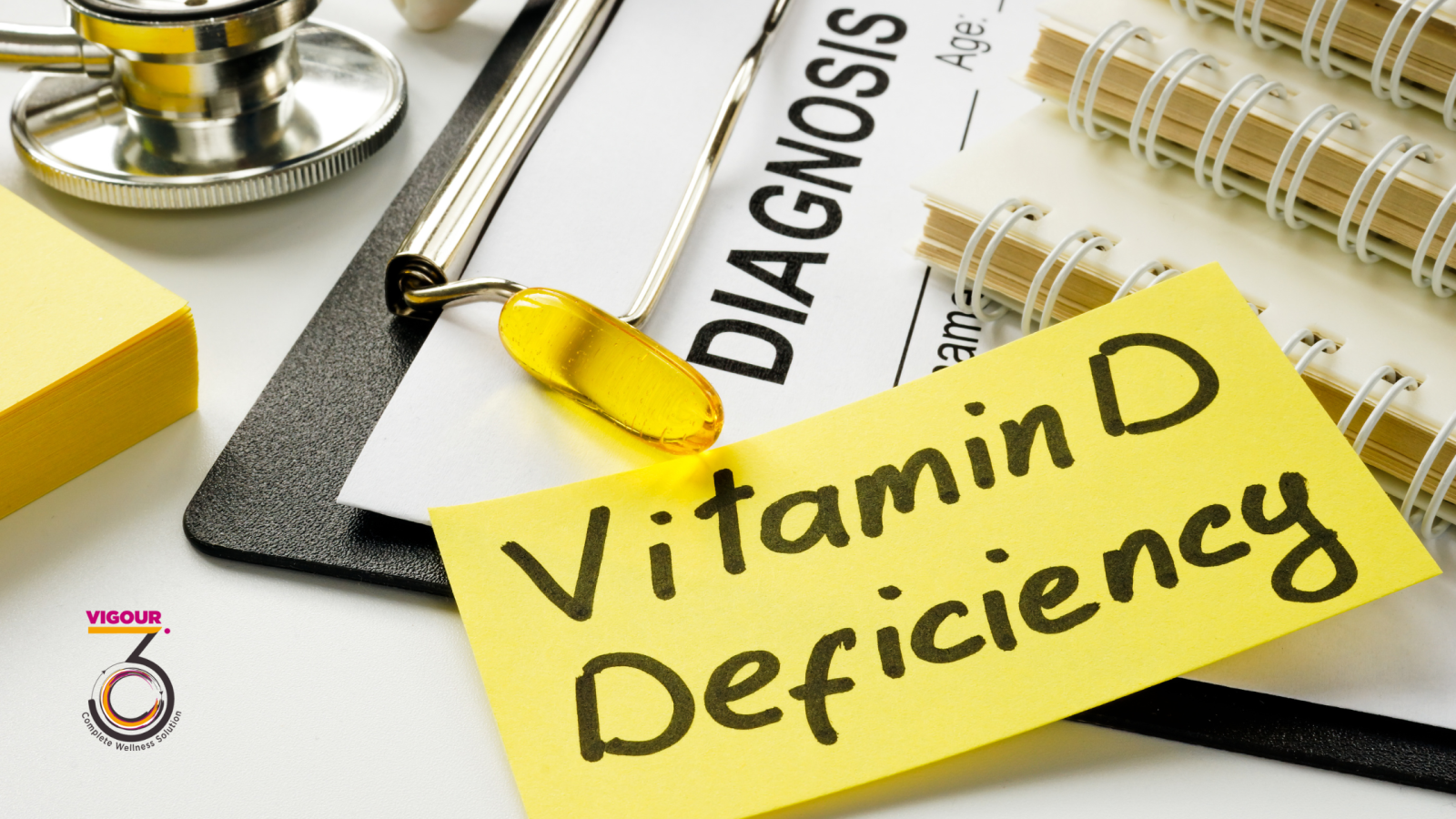
While growing, kids require various nutrients for growth and development. A balanced diet is the source of these nutrients as the body does not produce these micronutrients naturally.
Nutritional deficiencies in kids can cause developmental problems, stunted growth, lower immunity, digestive problems, skin issues etc. Iron, calcium, B-complex deficiency, vitamin D and zinc are the most commonly seen nutritional deficiencies in child. Let's understand how parents can check the signs of nutritional deficiency in kids.
If child is not getting enough nutrients, it is mostly seen among toddlers and school-age children.
According to Indian Paediatrics survey, prevalence of iron deficiency anaemia in children from 5 to 59 months is 56%.
Iron is a crucial component of haemoglobin, a protein responsible for transporting oxygen from the lungs to various parts of the body, aiding muscles in oxygen storage and utilization. Insufficient iron levels in children can result in anaemia, characterized by symptoms like fatigue and impaired cognitive function, among other serious health issues.
To prevent iron deficiency in children, parents should include iron-rich food in their diet. Ragi, jaggery, green leafy vegetables such as spinach, beans, red meat, chicken, and fish are good sources of Iron. Vitamin C helps in better absorption of iron; therefore, a child should also consume citrus fruits, strawberries, tomatoes etc regularly.
The consequences of insufficient calcium intake are well recognized, contributing to the inadequate development of robust teeth and bones in children. However, calcium consumption also affects muscle function, heart regulation, blood clotting, enzyme activity, and the transmission of nervous system signals throughout the body.
To fulfil the calcium requirement of children, parents should include dairy products such as milk, cheese, yogurt, and curd into their diet. Spinach, beans, broccoli, dry fruits, fish, tofu, and soya are non-dairy alternatives for calcium.
As children grow, they are averse to eating fruits and vegetable, which result in Vitamin B deficiency. Vitamin B is responsible for the smooth functioning of various enzymes in the body. It helps in the circulation of oxygen and energy in the form of nutrients inside the body.
In mild forms of deficiency dietary adjustment is sufficient. Parents should include dairy products milk, cheese as well as egg, chicken, fish etc. For severe symptoms in children Vitamin B supplements are necessary to treat the condition.

It is common in darker-skinned children, vitamin D deficiency in kids causes by both genetic predisposition and lifestyle factors such as reduced sunlight exposure. Vitamin D, a fat-soluble vitamin, is essential for aiding the absorption of calcium, iron, magnesium, phosphate, and zinc in the digestive system.
Adequate intake of this vitamin is vital for supporting healthy bone growth and preventing conditions like rickets (linked to low calcium and phosphate levels) and childhood osteomalacia, which involves bone weakening.
Children can obtain Vitamin D from sources like fatty fish and sustainable foods enriched with this vitamin, such as certain dairy products, soy milk, and cereals. Egg yolks are also effective sources of Vitamin D for kids.
Children from the age of 1 year and adults need 10 micrograms of vitamin D a day.
Zinc is a crucial mineral for children's growth, digestion, development of sex hormones, and maintaining a robust immune system. Insufficient levels of zinc can have adverse effects on various aspects including hair, skin, and nails, as well as cognitive function and the height of your child.
You can enhance your child's diet with zinc by incorporating sesame seeds, pumpkin seeds, squash seeds, cashews, and peanuts, along with seafood, beef, pork, cooked beans, peas, and lentils. Additionally, grains like amaranth, oats, and wheat, as well as certain fruits and vegetables like avocado, peas, and berries, provide adequate amounts of zinc to contribute to their nutritional intake.
Studies show nutritional deficiencies in children can lower concentration, increase behavioural problems, and decrease self-regulation. It is lesser known to parents, that a healthy-looking child can also have nutritional deficiencies.
If you're worried about your child's health and think they might not be getting enough vitamins and minerals, talk to a doctor. Sometimes, kids need extra vitamins or minerals to stay healthy, especially if they don't eat certain foods or have a medical condition. Make sure to pick supplements made for kids and tested for safety. Eating a variety of healthy foods is best, but sometimes supplements are needed to keep kids healthy. Good nutrition is super important for kids' health now and in the future.
Detecting the deficiencies early and providing balanced nutrition to children is crucial to raise a healthy and happy child. Vigour360 School Health Program help to identify nutritional deficiencies in kids with AI-powered technology, so that parents can provide targeted nutrition plan for every child. Connect now!
Comments (0)